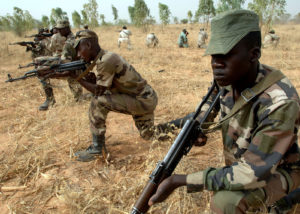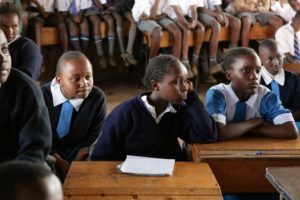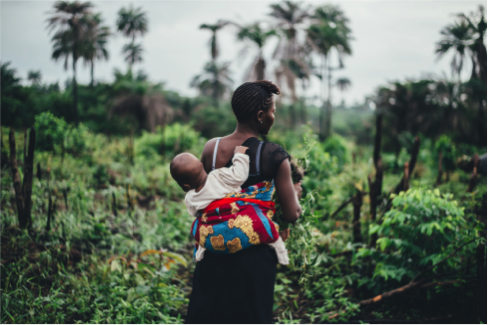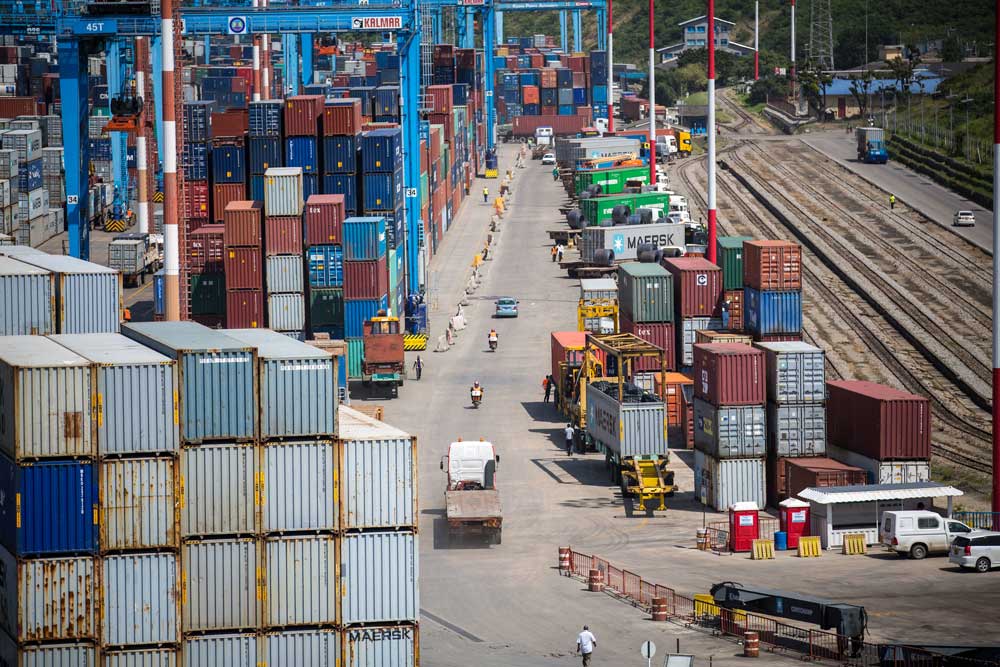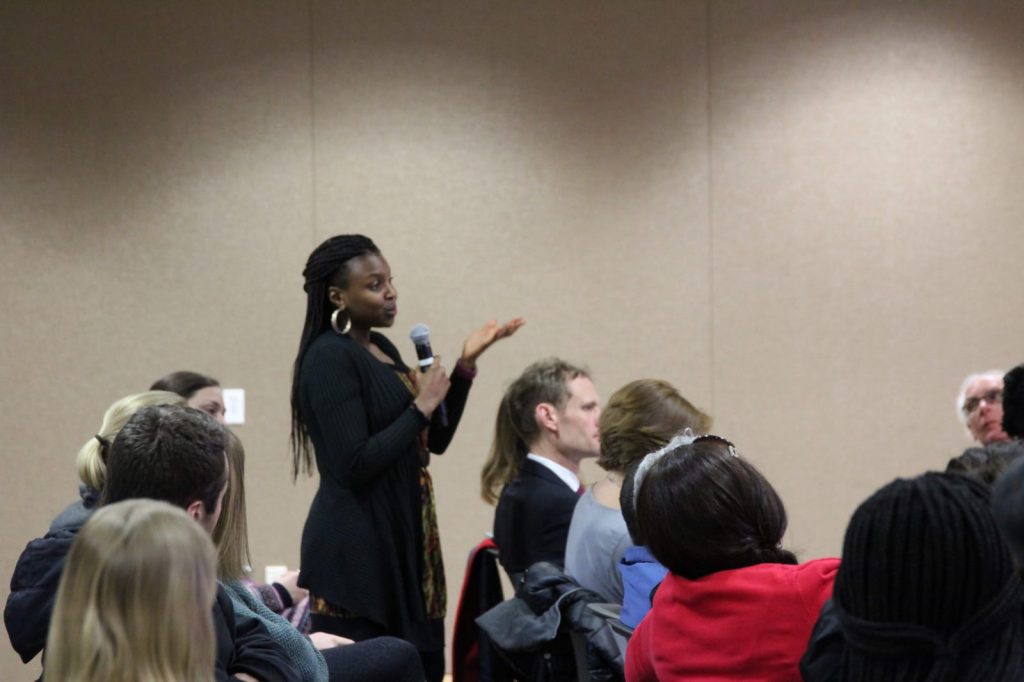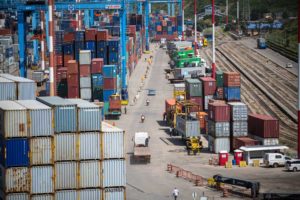
Africa, COVID-19, and the International Financial Institutions
It is important to take stock of the research on the effects of the COVID-19 pandemic on Africa, with emphasis on research findings by the international financial organizations that act as the first source of external funding for Africa. This paper focuses on research produced by the African Development Bank Group, International Monetary Fund (IMF), United Nations, and The World Bank, forecasting the impact of the pandemic on Africa. These international financial institutions serve as the principal source of data and a yard stick upon which other international organizations and governments determine their financial aid to Africa. To my knowledge, such an approach in presenting the research of the African Development Bank Group, IMF, United Nations, and the World Bank in a concise manner has not been attempted. Students of African Studies and international development, in general, would benefit from this synthesis of different methodologies and research output in determining the effect of COVID-19 on the African continent.

